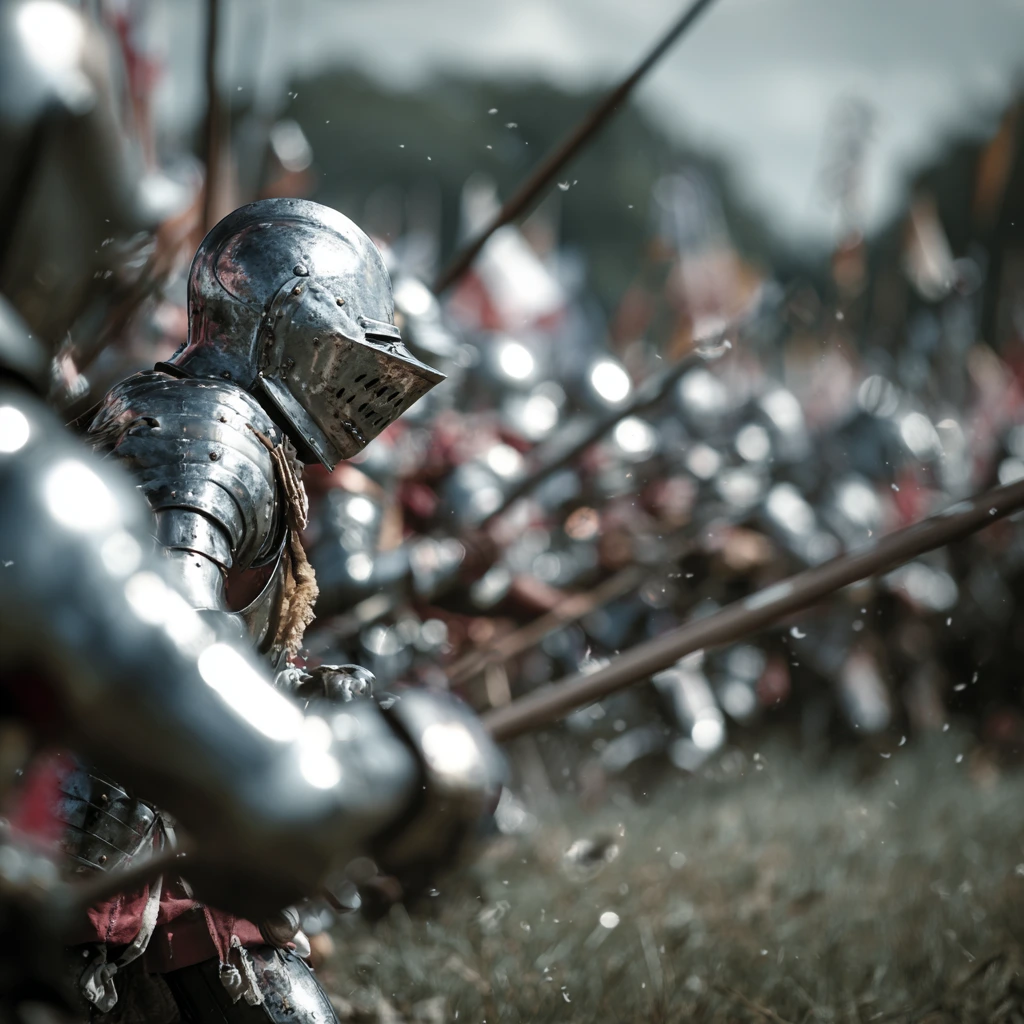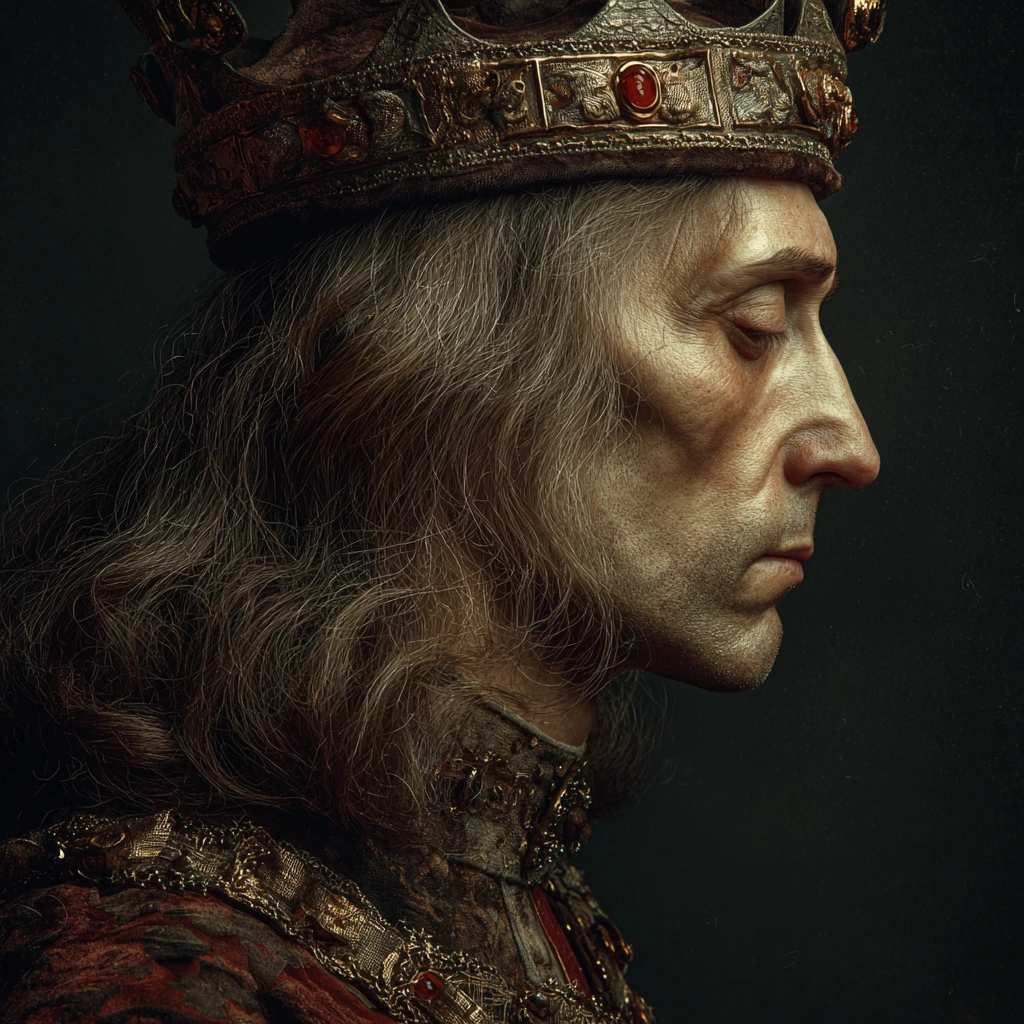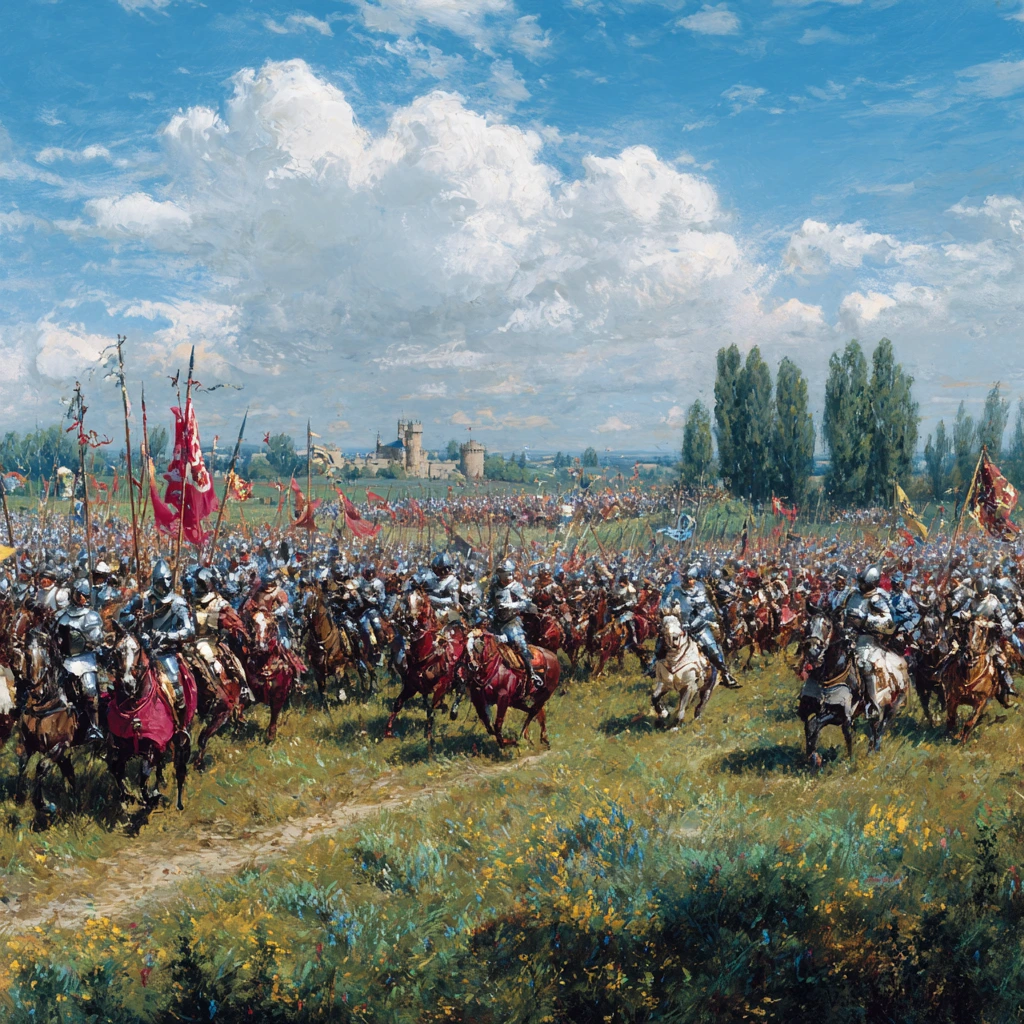The Battle of Bosworth Field, fought on August 22, 1485, stands as one of the most pivotal moments in English history. This decisive clash not only marked the end of the bloody Wars of the Roses but also set the stage for the rise of the Tudor dynasty, an era that would transform English politics, culture, and monarchy. With the death of King Richard III and the triumph of Henry Tudor, England experienced a shift in leadership that reshaped the country’s future for generations. The battle is remembered not only for its military significance but also for its dramatic political consequences, influencing the course of English history in ways that are still studied and commemorated today.

The Wars of the Roses: A Nation Divided
The Wars of the Roses were a series of dynastic conflicts between the House of Lancaster and the House of York, two branches of the royal Plantagenet family. For decades, England was torn apart by political intrigue, shifting alliances, and brutal battles. Nobles switched sides frequently, and the crown was contested with deadly determination. By the mid-1480s, both houses were exhausted by years of conflict, yet the throne remained a prize worth fighting for. Richard III, a Yorkist, had taken the throne under controversial circumstances, leaving many nobles questioning his legitimacy. Meanwhile, Henry Tudor, a Lancastrian claimant with a tenuous but legitimate claim, saw an opportunity to challenge the unpopular king.

Henry Tudor: From Exile to King
Henry Tudor’s path to power was anything but assured. Born in exile in Brittany, he grew up away from the English court, living under constant threat from Yorkist rivals. Despite this, Henry cultivated strategic alliances with disaffected nobles and foreign supporters, including the French crown. His claim to the throne, though relatively weak, was strengthened by his ability to unite factions under the banner of ending Yorkist rule. When he landed in Wales in August 1485 with a modest army, he knew the stakes were immense: a victory could change the course of English history, while defeat would mean certain death.
The Battle of Bosworth Field: Clash of Kings
On August 22, 1485, Henry Tudor’s forces met King Richard III’s army near Market Bosworth in Leicestershire. The battle was fierce and chaotic. Richard personally led charges against Henry’s forces, demonstrating his courage and tactical skill. However, key defections from Richard’s allies—most notably Lord Stanley and Sir William Stanley—turned the tide. Amid the heat of combat, Richard III was killed, reportedly fighting bravely to the end. His death marked the final Yorkist claim to the throne and symbolized the end of decades of civil war. Henry Tudor emerged victorious, claiming the crown as King Henry VII and beginning a new chapter in English history.

The Aftermath: Establishing the Tudor Dynasty
Henry VII’s ascension to the throne marked the beginning of the Tudor dynasty, which would dominate English politics for more than a century. Henry immediately worked to consolidate power, marrying Elizabeth of York to unite the warring factions and legitimize his rule. His reign brought relative political stability, strengthened the monarchy, and encouraged economic and cultural development. The Tudors would go on to leave an indelible mark on England, with Henry’s grandson, Henry VIII, and great-granddaughter, Elizabeth I, shaping the nation’s identity for generations. The Battle of Bosworth Field, therefore, was not just a military victory—it was the foundation for a transformative era in English history.
Historical Significance and Legacy
Today, the Battle of Bosworth Field is remembered as one of the most consequential moments in English history. It illustrates the power of strategic leadership, political alliances, and timing in determining the fate of nations. Historians, reenactors, and enthusiasts continue to study and commemorate the battle, keeping alive the story of Richard III’s tragic end and Henry VII’s rise. Monuments, museum exhibits, and scholarly works highlight its enduring significance, serving as a reminder of how one day on a battlefield can reshape the destiny of a nation. The battle remains a symbol of both the fragility and the resilience of power, as well as a turning point that paved the way for the golden age of the Tudors.
Table of Contents
The Mystery of the Majestic 12 Files: UFOs, Government Secrets, and Conspiracy – trendsfocus